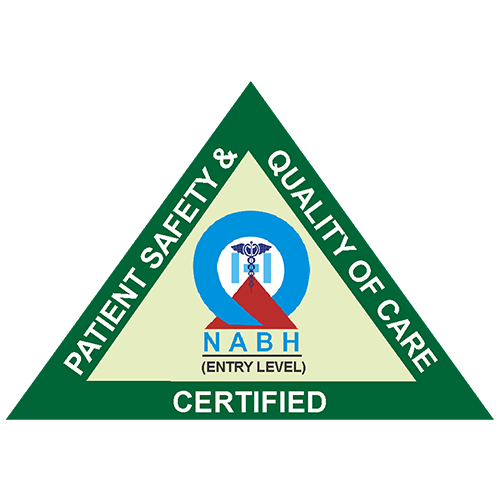Overview
The kidneys are two bean-shaped organs located on either side of your spine, just below your rib cage. Though they are small, these vital organs perform a host of crucial functions that are essential for maintaining overall health and well-being. Understanding why kidneys are so important can help you appreciate the need to take good care of them.
The Primary Functions of the Kidneys
- Filtering Blood
The primary function of the kidneys is to filter waste products and excess substances, including fluids, from the blood. Each day, your kidneys filter around 200 quarts of blood to produce about 1 to 2 quarts of urine, composed of wastes and extra fluid. This filtration process is crucial for maintaining the balance of electrolytes and other substances in the body.
Kidneys help regulate the body’s fluid balance by adjusting the amount of urine excreted. When you consume a lot of fluids, your kidneys produce more urine to expel the excess. Conversely, when you are dehydrated, they conserve water by producing less urine. This regulation helps maintain a stable internal environment, which is crucial for your cells and organs to function properly.
- Balancing Electrolytes
Electrolytes such as sodium, potassium, and calcium are essential for many bodily functions, including nerve and muscle function, and maintaining the right balance of these substances is one of the kidneys’ key tasks. They filter out excess electrolytes and reabsorb those that are needed, ensuring the correct balance is maintained in your blood and tissues.
- Removing Toxins and Waste Products
In addition to filtering out electrolytes, the kidneys remove toxins and metabolic waste products from the blood. This includes urea, which is produced from the breakdown of proteins, and creatinine, a waste product from muscle activity. By excreting these waste products in the urine, kidneys help prevent their buildup in the body, which can be harmful.
- Regulating Blood Pressure
Kidneys play a significant role in regulating blood pressure by controlling the volume of blood (and thus the amount of fluid in the body) and releasing the enzyme renin, which regulates blood vessel constriction. This function helps maintain stable blood pressure levels, crucial for ensuring that all body tissues receive an adequate blood supply.
- Producing Hormones
The kidneys produce important hormones that regulate various body functions. Erythropoietin, for example, stimulates the production of red blood cells in the bone marrow. Calcitriol, the active form of vitamin D produced by the kidneys, helps maintain calcium levels in the blood and bones, which is crucial for bone health and overall metabolic function.
- Maintaining Acid-Base Balance
The kidneys help maintain the acid-base balance of the blood by excreting hydrogen ions and reabsorbing bicarbonate from urine. This balance is crucial for many bodily processes and for the proper functioning of enzymes.
Why Does Kidney Health Matters?
Given the many critical roles kidneys play, maintaining kidney health is vital. Poor kidney function can lead to a buildup of waste products and fluid imbalances, which can result in conditions such as chronic kidney disease, hypertension, and electrolyte disturbances. Kidney failure, in severe cases, can be life-threatening and may require dialysis or a kidney transplant.
Tips for Maintaining Healthy Kidneys
- Stay Hydrated: Drinking plenty of water helps the kidneys filter waste from the blood and excrete it in the urine.
- Eat a Balanced Diet: A diet low in salt, sugar, and unhealthy fats, and rich in fruits, vegetables, whole grains, and lean proteins supports kidney health.
- Exercise Regularly: Physical activity helps maintain a healthy weight and reduces the risk of high blood pressure and diabetes, both of which can harm the kidneys.
- Monitor Blood Pressure and Blood Sugar Levels: Keeping these in check can prevent kidney damage.
- Avoid Smoking and Excessive Alcohol: Both can impair kidney function over time.
- Limit Over-the-counter Medications: Some pain relievers and other over-the-counter medications can damage the kidneys if used excessively.
Conclusion
The kidneys are vital organs that perform numerous essential functions necessary for maintaining overall health. Understanding the importance of kidneys and how they contribute to your well-being underscores the need to adopt habits that promote kidney health. By staying hydrated, eating a balanced diet, exercising regularly, and monitoring your health, you can support your kidneys in performing their critical roles effectively.




